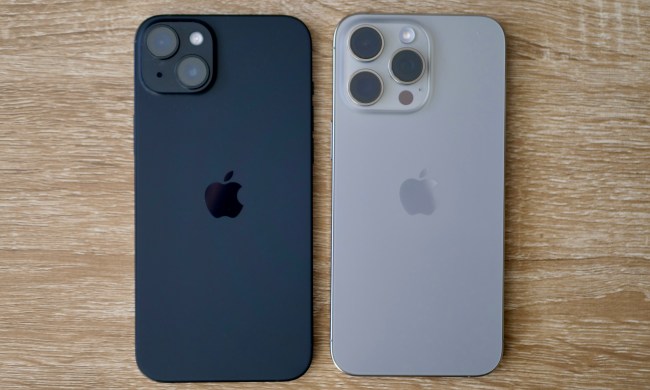Apple has finally rolled out a promised update to its AirTag tracker that allows AirTags to chime with louder tones when separated from their owner’s iPhone or other Apple device. The company had promised this as part of a package of updates in February, and the first such feature is rolling out.
“Tuning the unwanted tracking sound to more easily locate an unknown AirTag,” Apple notes in the changelog for version 1.0.301. Alongside these changes, Apple has worked on other improvements to make AirTags less attractive as a stalking tool. The company has rolled out a new Tracker Detect app for Android users, as well as promised to increase precision in tracking unknown AirTags.
Although Bluetooth trackers aren’t new technology, AirTags are controversial precisely because they’re from Apple.
“Unwanted tracking has long been a societal problem, and we took this concern seriously in the design of AirTag. It’s why the Find My network is built with privacy in mind, uses end-to-end encryption, and why we innovated with the first-ever proactive system to alert you of unwanted tracking. We hope this starts an industry trend for others to also provide these sorts of proactive warnings in their products,” Apple said earlier in the year. Improvements made to Tile trackers subsequently back up Apple’s framing of this as the start of an industry trend.
Although Bluetooth trackers aren’t new technology, AirTags are controversial precisely because they’re from Apple. This is for two reasons. First, Apple has a tendency to make items that were previously seen as “geeky” much more approachable and user friendly. More people are aware of them and can easily use them. This includes normal people and unfortunately stalkers and other ne’er-do-wells. In short, Apple lowers the barrier for entry.
Second, and possibly most importantly, the ubiquity of the Find My network gives AirTags (and to an extent, Samsung SmartTags) a huge advantage over Bluetooth trackers like Tile. AirTags can be picked up by any iPhone in the world, which will then report the location to the owner. There’s no reliance on users installing an app. It’s just there on everyone’s iPhone, all the time.
A growing choir of voices has called for Apple to do more. Apple-focused blog Mac Observer asks Apple to stop selling AirTags entirely, while tech site Tom’s Guide asks for a temporary pause. Though Apple highlights cases where AirTags have been used to find lost wallets and backpacks, concern remains about their potential involvement in stalking, theft, and domestic abuse.


